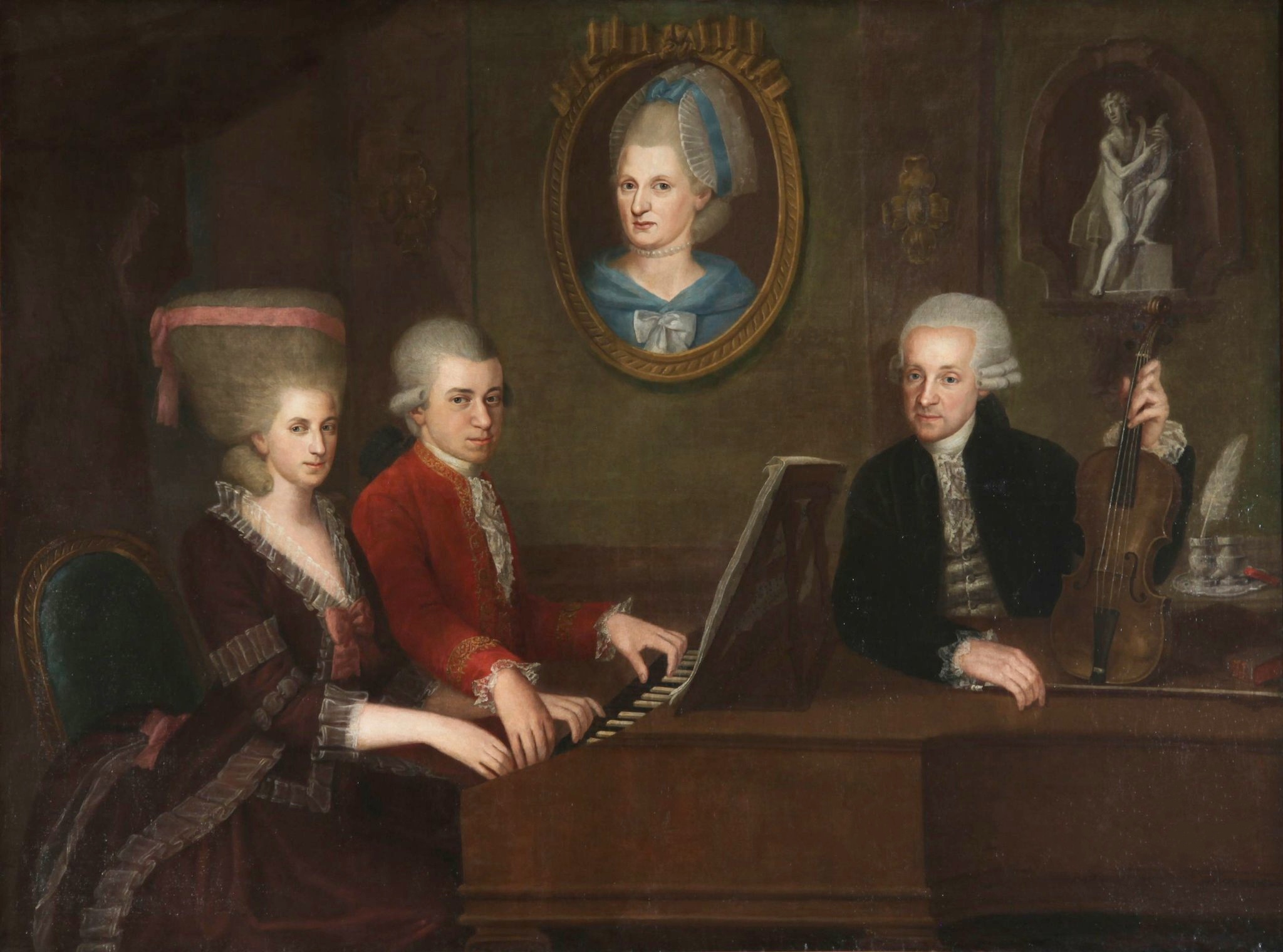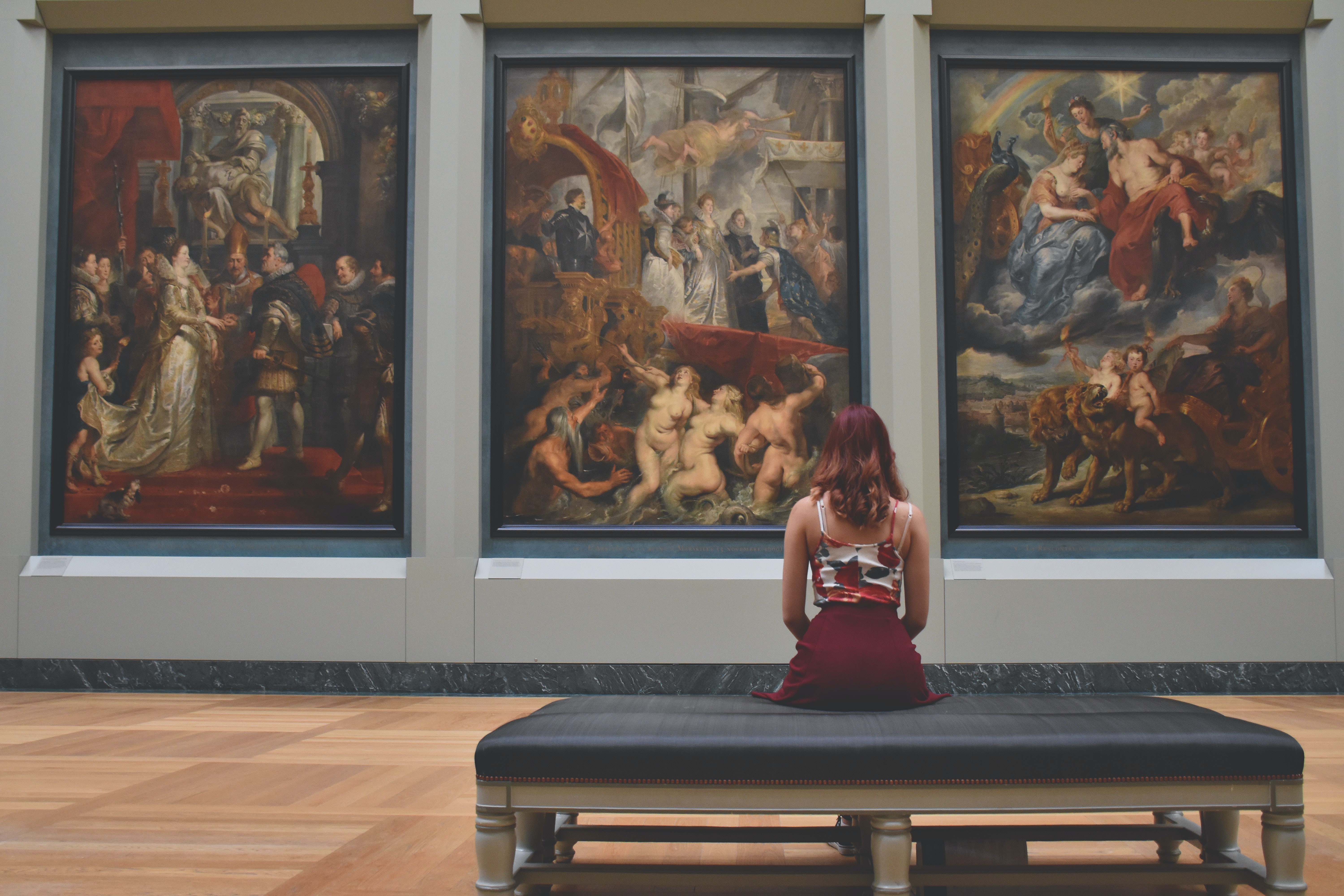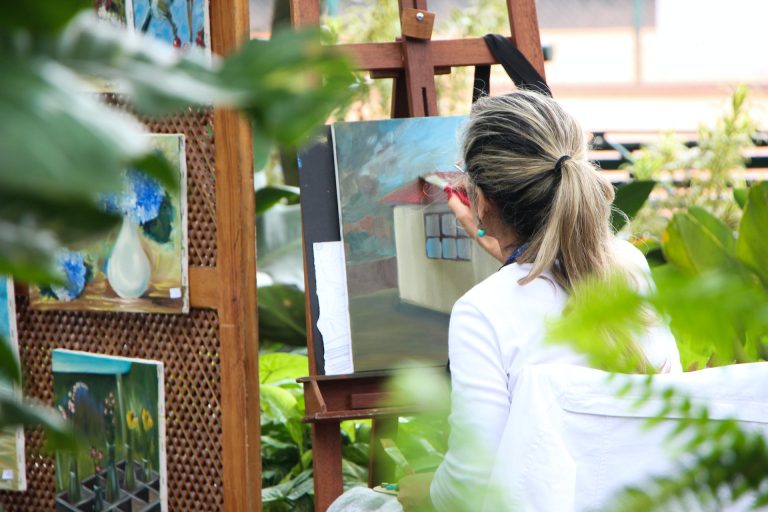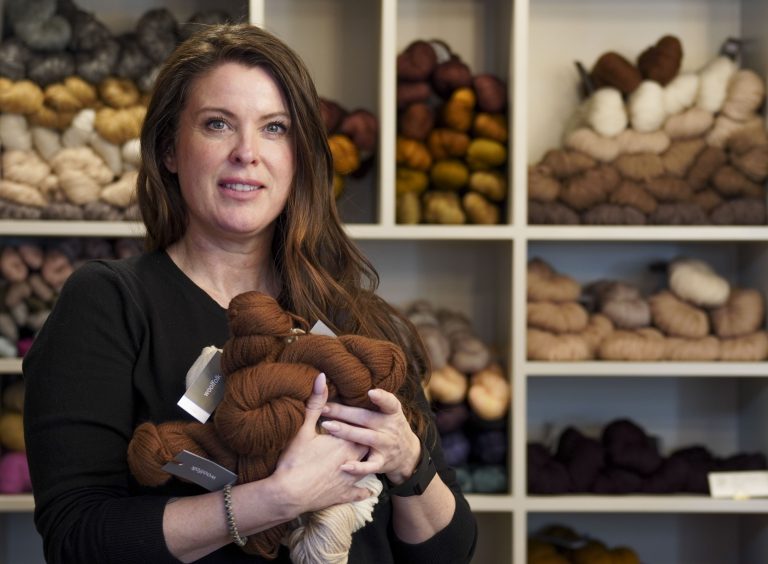The life of an artist can be like riding a roller coaster. When inspiration strikes, it seems like nothing in the world can stop you, with ideas flowing to materialize as you bring them to fruition. But when inspiration is at bay — especially for a little longer than usual — artist’s block can be equally intense and often discouraging.
Artist’s block can affect anyone who creates, as a profession or pastime. Whether you paint, sculpt, write, make music or make movies, this five-part series will guide you through the steps to refuel your passion and boost your creativity.
What is artist’s block and why does it happen?
You know you are experiencing an artist’s block when you run out of ideas. It is as though your creativity has forsaken you, leaving nothing but an incomplete — or unstarted — piece of work. Even more confounding — the more you try to get it back, the more elusive it seems.
Although the causes of this not-so-fun experience can be varied, there are three factors that are known to affect most artists. The first of them is self-doubt, which, despite the fact that it exists only in our heads, can have an inhibiting effect that can last for days, months or even years.
Self-doubt
Self-doubt is expressed in thoughts such as “I am not capable enough,” “Someone can do it better” or “I am not cut out for this.” Whatever thoughts come into your head, you would do well to recognize them for what they are: mere thoughts.
Remember that all artists — even the very best — have experienced self-doubt; yet that hasn’t stopped them from refining their craft. Remember that everyone embarks on the creative journey as an inexperienced enthusiast. To become a proficient artist it takes practice and determination. In Ralph Waldo Emerson’s words: “Every artist was at first an amateur.”

Fear of failure
Success
You are now signed up for our newsletter
Success
Check your email to complete sign up
The second factor is the fear of failure. “What if nobody wants to read your blog? What if your painting doesn’t sell? What if your video barely gets any views?” When we focus more on the results than the process, it is easy for these kinds of thoughts to creep in. In fact, focusing on the future — even in a positive way — disconnects us from the present.
Immersing yourself in the present and enjoying the process of creating can greatly benefit your art. Of course, that can be easier said than done, but we will address that later in our series to help you reclaim your ability to create. First, let’s identify the cause of your artist’s block.
Exhaustion
The third factor is exhaustion. It happens when your desire — or need — to finish your artwork is so strong that you neglect to take breaks. Ironically, the longer we go without taking a moment to recharge, the longer it will take us to complete the overall project.
There are times when our inspiration is so intense that hours of work can seem like minutes. In this case, go with the flow! But if inspiration is not the driving factor, and stress or a sense of urgency have taken its place, remember to keep your body and mind in optimal working condition.

As you will see in the next parts of this series, simple activities such as going for a walk or taking a nap can have miraculous effects.
Age is your friend when it comes to creativity
By tracking the ages of Nobel Prize winners and renowned inventors, a study found that most of their breakthroughs or masterpieces came in their late 30s, or after at least a full decade of hard work.
Additionally, research found that between 2010-2019, the average age of men and women receiving the Nobel Prize was 71 for chemistry, 67 for economics, 68 for physics, and 68 for physiology or medicine.
What does this mean for us? Don’t give up! The mastery of any skill is the result of continued practice over a considerable period of time. Another study, led by Professor John Hayes at Carnegie Mellon University, found that many of the most popular pieces of music in history were created ten years into the composer’s career. Similar patterns were found with writers and painters.
These geniuses spent at least ten years — commonly referred to as “ten years of silence” — doing hard work. Failure and artist’s block were likely part of the process; so remember you are in good company. When you get back on track, you’ll be thankful you didn’t give up.

Your personal life will affect your creativity
While the common causes of artist’s block are mostly related to the way you learn to handle your relationship with your creative side, it is worth taking a look within. How are you emotionally? What thoughts are occupying your mind? Is your current state of mind affecting your ability to create?
Whether you’ve had an argument with a family member, or you find yourself stressed out about school or work, take a step back and look for ways to remedy the situation. If they continue to occupy your mind, creativity may not emerge.
Revisit your creative intentions
Now that you have identified the cause of the block, it’s time to lay the groundwork to start creating again. Revisit your last pieces of work. What message do they convey to the public? Has your art been up to the standards you set for yourself in the beginning, or has it been affected by external factors or opinions?
Review the work of the artists who first inspired you and determine what makes their art so memorable. What do you feel when you see that vivid painting, read that timeless poem or listen to that delightful song? Do you think your creations can inspire others in the same way? Redefine your values and aspirations and prepare to share your talent with the world again.

Comfort kills creativity
It is very common to lose interest once we get used to an activity or situation. In fact, it seems that our mind is constantly searching for something new and exciting. If you spend most of your time doing the same type of art, the activity can become tiresome and it will show in your craft.
To keep your creativity at its peak, step out of your comfort zone and explore a different form of art. This stimulating process can give you greater freedom of expression and new perspectives on the art you’re most familiar with.
The possibilities are endless. When you give yourself the opportunity to explore other disciplines, you’ll find that your inner spark can re-emerge. If it doesn’t, don’t panic! The next parts of this series will take you down other avenues to rediscover your inner artist.
READ ALSO:
- Does Busyness Hinder Your Productivity? 5 Steps to Avoid Burnout
- Clearing the Fog: 5 Things To Forgo for Better Focus – and 5 More To Embrace
- Improve Your Emotional Intelligence to Master Important Social Skills
- Breaking the Barrier of Frustration – 4 Tips for Learning Difficult Things
Get Unstuck Today – Recognize Your Roadblocks and Plow Past Them














